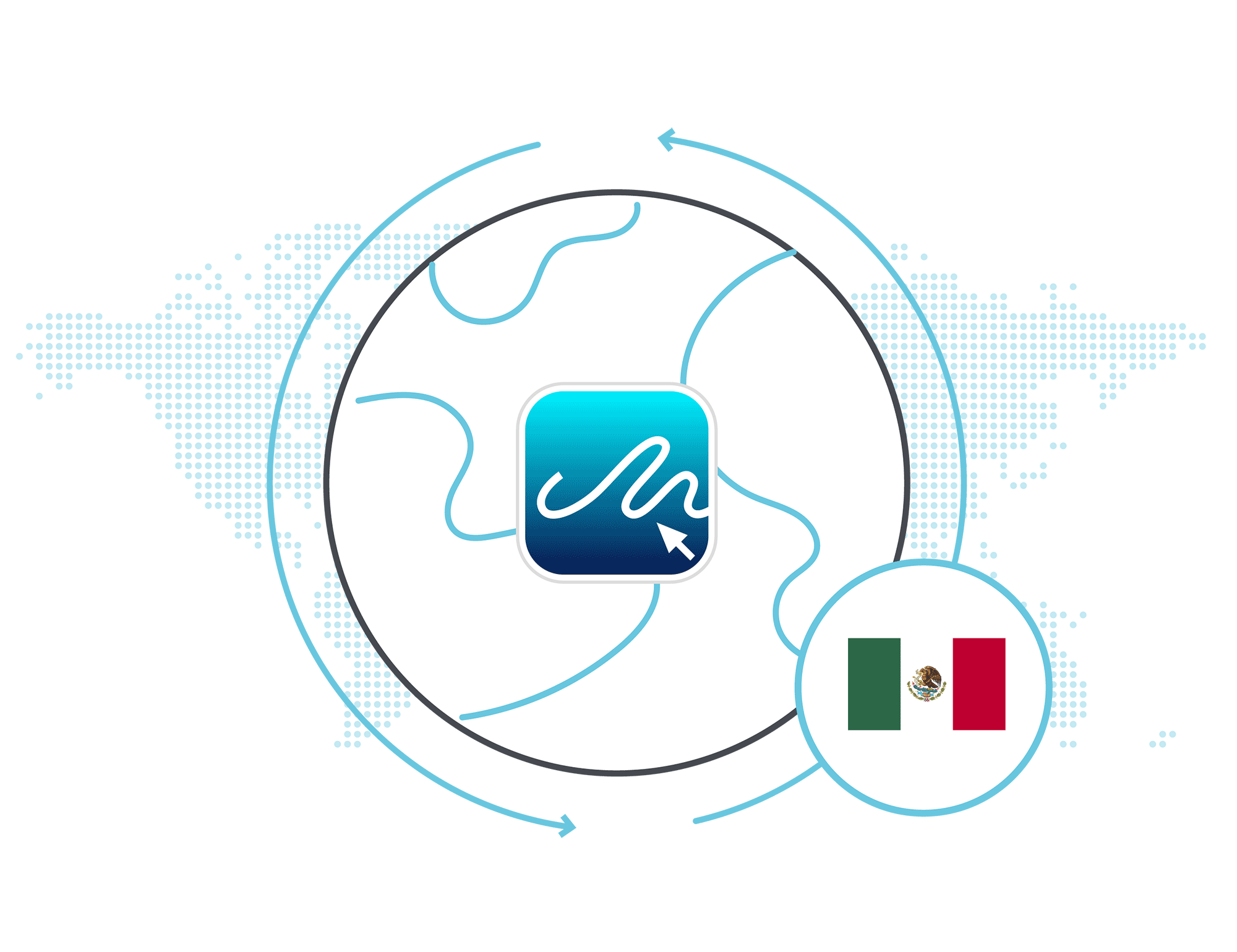The Legality of eSignatures in Mexico
Explore the legality of electronic signatures in Mexico and the laws and regulations that govern their use.

Trusted By
Are eSignatures Legally Binding in Mexico?
Documents that can be signed electronically
Electronic signatures are often used in transactions between private parties in Mexico that don’t include government intervention. It is not advisable to use e-signatures on contracts that will be filed with a government agency or be submitted/supervised by a regulator of governmental authority.
Documents that may not be electronically signed
Whilst many transactions accept the use of electronic signatures in Mexico, as mentioned above they should not be used for transactions involving government filings. Also, Mexican law does not place more emphasis on advanced electronic signatures. If it is disputed, the responsibility is on the party wanting to enforce the signature to prove its validity.
Types of e-signatures permitted in Mexico
An e-signature can be defined as any electronic data included in, attached to, or logically associated with a data message, through technology that identifies the signer and indicates their intent to approve the contents of the message. It also has the same legal effect as a handwritten signature, with the ability to be submitted as evidence in a trial. Electronic signatures are considered to be “advanced” under Mexican law if they meet the requirements below:
- The signature’s creation data is linked exclusively to the signer
- The creation data is controlled only by the signer at the time of the signature
- Alterations to the signature after it has been made can be identified
- It contains a digital certificate applied by a government-approved certification service provider
Notable legality changes since 2020
None.
Publicly Accessible Links to Laws/Regulations Discussed
Disclaimer
The content provided on this website is meant for general informational use only and does not constitute legal advice. Legal regulations on this topic can evolve rapidly, so E-Sign does not ensure that the information presented here is always up-to-date or accurate. If you have particular legal concerns regarding any details on this site, it is recommended that you consult with a licensed attorney in your jurisdiction.
Last Updated 9th October 2024




























